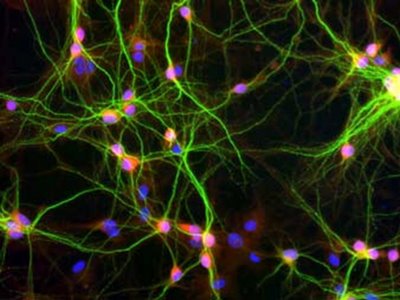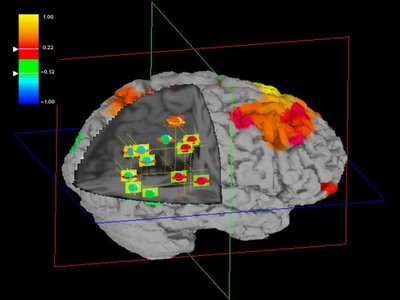Big Old Mammals and Some Bad Rain

It seems to me that the most likely explanation is that both climate change and overkill combined to lead to the demise of megafauna.
Like most biologists, I am familiar with ecological models including pressure due to climate factors and predator-prey cycles. In my hypothesis, I contend that a shift in the climate put pressure on all the mammals, including humans, by decreasing resources and forcing more direct competition. It also seems likely that secondary ecological pathologies also arose. For instance, there could have been increasing susceptibility to disease due to starvation, stress from inter-territorial competition for breeding grounds, and general crowding in grazing and/or hunting niches. Large mammals also tend to have fewer offspring and longer gestation periods which would have placed an additional burden on population replenishment.
Any major alterations in these relationships could have led to shifts in the simple Lotka-Volterra predator-prey model as well as adding other survival variables not easily incorporated, since competition would begin to overlap. In fact, these relationships may be better represented in a matrix model. But clearly, at some point, less adaptable species would reach the nadir of their oscillation and fail to recover. Certainly, humans would have capitalized on their own growing numbers, and learned behavior, to seal the fate of whatever megafauna was their target.
However, while what I propose seems reasonable in North America, it may not be justified in more equatorial regions. The point being that any hypothesis of megafauna extinction may have to reflect a different geographical reality and, thusly, may differ from another hypothesis. In other words, thinking in matrix terms, some variables would be stronger than others depending on where the species in question existed. Climate change would be expected to be a much greater factor in the upper latitudes than near the equator. Another reason that many computer models fail in megafauna extinction prediction, is that some variables are never even considered. For instance, fauna-driven seed dispersal, as studied in the Pantanal region of Brazil, which contributes to proliferation of particular food resources.
Nonetheless, I doubt my hypothesis could be original as it seems very likely that other scientists would also recognize the possibility of multiple etiologies converging to extinguish a population.
Photo of a fossilized Thylaoleo carnifex skeleton, an Australian lion that was also a marsupial – from the South Australian Museum.














